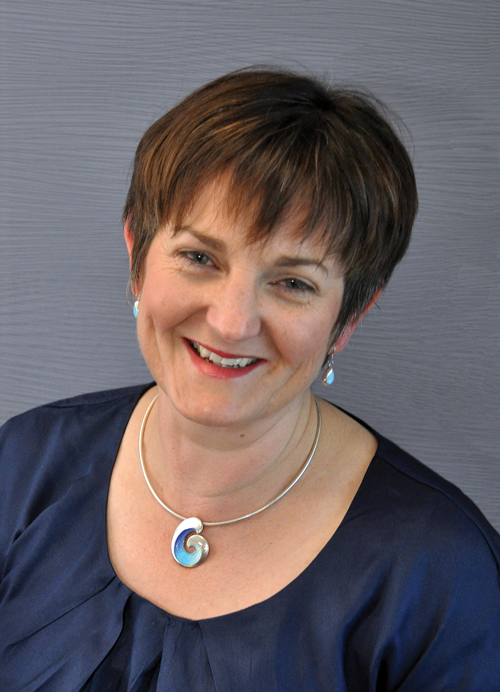By Karen Reid, Chief Executive
The main difference is that the new standards focus on people, their experiences and outcomes. Instead of setting out a list of inputs that all providers must meet, the new standards are much more outcome-driven and will help everyone focus on what really matters – the experience of the person and better outcomes for people.
Good quality relationships
What the Care Inspectorate has found over many years of scrutiny – and the consistent message from people experiencing care – is that the quality of human relationships can really make a profound difference to what care is like for a person and their loved ones. So, it is important that we all encourage and support collective leadership and relationships within and between care staff teams, coupled with good communication between multi-disciplinary teams. In turn, this can facilitate and enable appropriate information to be better shared and for us to work together to truly focus on getting it right for every person who experiences care. The new standards also set out, in some detail, what it looks like to experience human rights and wellbeing in a care setting.
These standards coincide with a change of approach from the Care Inspectorate, moving away from compliance to a more collaborative approach which helps services improve as much as they can. We are evolving from inspections based mainly on compliance with rules to an approach that helps evaluate outcomes for people and helps services improve their quality. I have often said that the Care Inspectorate is on a journey from compliance to collaboration and the new standards provide a vehicle for this journey. Whilst our inspections continue to provide robust public assurance, I am delighted that this month we launched our new improvement strategy, which sets out how we are supporting care providers to build their own capacity for improvement. Across Scotland, residents in many care homes are benefitting from the Care Inspectorate’s Care About Physical Activity (CAPA) programme, promoting the positive benefits of physical activity and providing direct improvement support for that. Our Creative Journey, a new improvement resource for children’s services, is helping to drive improvement in the creative arts for many children and young people.
Phased implementation
My expectation is that the new standards will be used by everyone from April 2018, and in the Care Inspectorate we will be using them in all the scrutiny decisions we make and improvement interventions we support. Alongside these, we will be phasing in a new model of inspections, starting with care homes for older people.
Our new model of inspection is currently being tested, and represents an evolution, not a whole-scale change. Using a quality framework designed for specific types of care, it will help provide more clarity about the level of quality we expect to see at different grades, and allow care providers to self-evaluate their own performance, using the same indicators that our inspectors use. Over the past few months, we have been working with scores of care homes and care providers to develop and test draft quality indicators and illustrations. Please do look at our consultation about the new framework for care homes for older people, and look out for consultations on similar frameworks for other types of care and support over the coming months.
Wellbeing and human rights
The new standards speak to an integrated model of care, an opportunity to help us all better assess someone’s journey through the care system, so we can collectively become more joined up. But the standards are more than just a tool for service and strategic level inspection. They have been produced for everyone and should be owned by everyone. Increasingly, organisations run a combination of registered and non-registered services and the standards can equally be used for internal quality assurance as well as external scrutiny.
Establishing one set of person-led standards, covering the whole care system, and with a focus on wellbeing and human rights, is generating much interest internationally in the unique scrutiny and improvement model we are collectively developing in Scotland, and contribution from people experiencing and providing care and support, and carers, to this process has been significant and important.
We all want to deliver excellent care for people. As we look ahead to 2018 and the new opportunities that it offers, I look forward to building on our common purpose to make our care provision the best it can be and a leading example to others. Having Health and Social Care Standards that are among the most progressive and radical anywhere in the world will be one way we can all achieve this together.
If you would like to learn more about the new standards please visit the Health and Social Care Standards website

